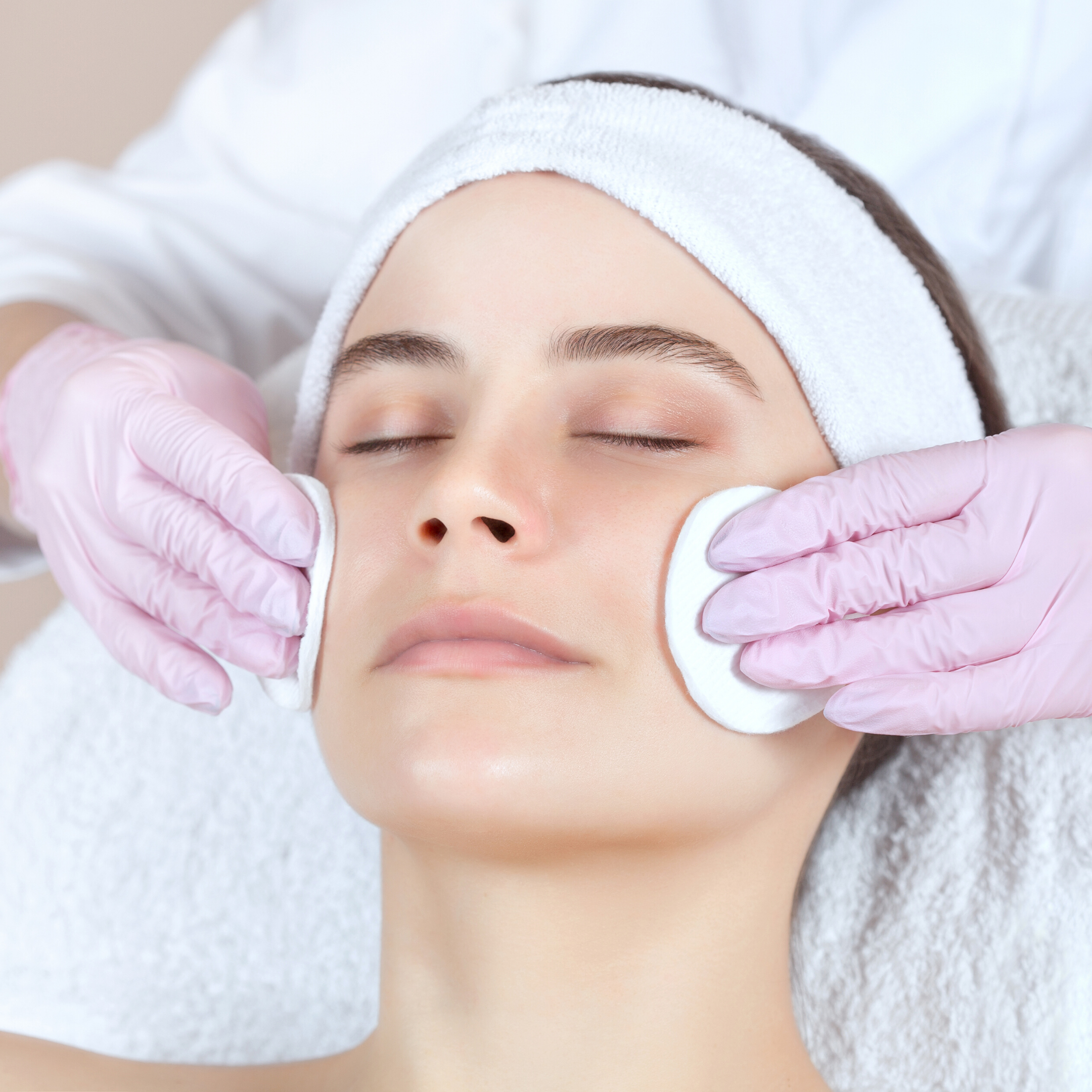Ceramides, peptides, and omega fatty acids are some of the most important ingredients to look for in skincare products. Ceramides are lipids that help form a protective barrier on the surface of your skin to prevent moisture loss; peptides are proteins that stimulate collagen production to reduce wrinkles; and omega fatty acids help nourish and hydrate the skin.
Comparing Ceramides and Peptides - What are their Most Distinctive Benefits?
Ceramides and peptides are two of the most popular ingredients in skincare products. Both offer unique benefits for the skin and work well to improve skin health and appearance.
Ceramides are naturally occurring lipids (fat) found in the skin. Ceramide production begins to decrease as a person ages. Ceramides help to hydrate and protect the skin from the effects of pollution. It is well known that ceramides help restore lipids to the outer layers of the skin, leading to improved texture. The lipid also has anti-inflammatory properties, which can help reduce redness and sensitivity. They also improve barrier resilience and the appearance of wrinkles
Peptides on the other hand are amino acids which form the building blocks of collagen and elastin the structural protein which keeps skin feeling plump and firm. Peptides have been shown to have a very potent anti-inflammatory effect as well as being capable of stimulating collagen production in the body. In addition to this, peptides do not appear to be as irritating as other anti-ageing ingredients such as retinol and vitamin C. Peptides are also capable of stimulating deeper penetration by other ingredients.
Understanding the Role of Omega Fatty Acids for Healthy Skin
Omega fatty acids are essential for healthy skin. They help to maintain the skin’s barrier, reduce inflammation and keep it hydrated. Omega 3 and 6 fatty acids have different functions and benefits for the skin. Omega 3 fatty acids are anti-inflammatory, while omega 6 fatty acids can help improve the skin’s texture and elasticity.
Natural oils such as olive oil, avocado oil, jojoba oil and coconut oil are excellent sources of omega fatty acids that can be used for dry skin care. Understanding the role of omega fatty acids in skin health is important for maintaining healthy, glowing skin. Omega 3 and 6 fatty acids are essential for healthy skin. Omega 3 fatty acids are anti-inflammatory, while omega 6 fatty acids can help improve the skin’s texture and elasticity.
Do I Need All These Ingredients?
Achieving optimal skin health requires a combination of the right ingredients. Ceramides, peptides and omega fatty acids are three of the most important components for healthy skin.
Certain skin types and/or conditions can increase the need for an ingredient or a combination of some ingredients. For instance, Dry skin types will benefit most from using ceramides and Omega fatty acids which will increase and maintain hydration. People with sensitive skin will benefit from all 3 groups of ingredients and their calming properties. Mature skin will also benefit from all three groups as they are sure to plump, refine and improve the appearance of the skin
In conclusion, all skin types will benefit from combining these ingredient groups. Our Peptide Quench Serum is a superior option with 12 peptides and other hydrating ingredients. Our Peptide Quench Moisturizer also contains 3 peptides and other hydrating ingredients. Our Clear Fight Moisturizer contains Ceramide NP which increases skin health. We also recommend our Ultra Restore Dry Oil, a blend of 5 natural oils containing which is a blend of 5 natural oils which contain omega fatty acids and antioxidants.



